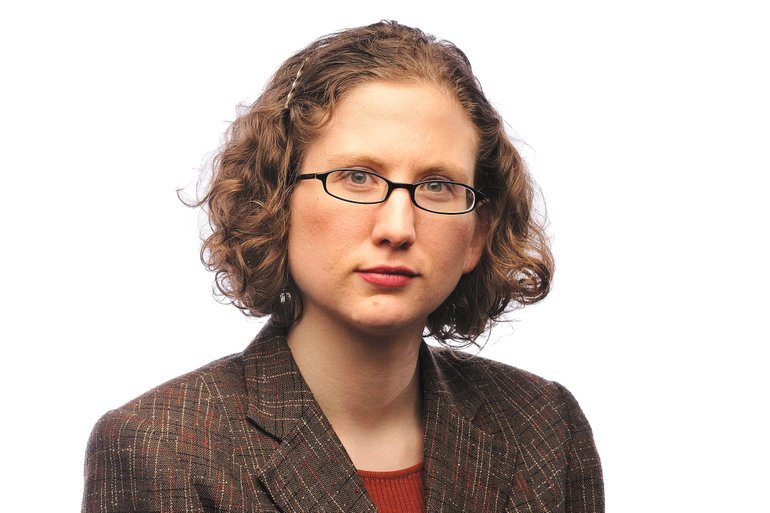When I first came to work at The Columbian, I encountered something I’d never seen before. People with disabilities were working in critical roles, helping us get the paper out every day. It’s one of the things I liked about this place right away, not out of altruism but because I realized that I could one day have a disability myself.
Three in 10 Americans will become disabled over their lifetimes. We’re more likely to become disabled than to die before we reach retirement age.
Vancouver resident Connie Brittain, who has been in a wheelchair since a spinal cord injury 30 years ago, jokingly calls people like me “temporarily able-bodied.”
Given the odds, we should all be concerned about the challenges disabled people face when they hunt for jobs. Yet more than two-thirds of disabled people are unemployed, and the jobless rate is likely even higher for people who are blind or deaf.
Dan Tolva, a legally blind copy editor who worked at The Columbian for many years, points out that there are jobs that disabled people cannot do.
“Blind people aren’t going to be fry cooks,” he said. “They aren’t going to deliver pizza — or if they do, you don’t know where it’s going to wind up.”
But software now makes it possible for blind people to do most text-heavy office jobs. If I were deaf, I’d need a relay service to help with phone calls, but otherwise I would still be able to do my job. People in wheelchairs may need ramps to get over the front step, but once they pass that hurdle there’s a lot that they can contribute.
Yes, software, relay services and wheelchair ramps cost money. But the Americans with Disabilities Act makes it unlawful to discriminate against a qualified individual with a disability that can reasonably be accommodated. In some cases, businesses may even be able to get financial help to make accommodations.
That’s small comfort for Michael Logan, who graduated with an associate’s degree in business from Clark College in June. Even though the county’s unemployment rate is nearly 14 percent, he’s managed to land interview after interview.
His résumé gets him in the door, but then he hears the surprise in interviewers’ voices when they realize Logan is blind.
“When I was interviewing for one job, the interviewer asked, ‘If someone is on the phone, how can you save their contact info? How can you call them back the next day?’” Logan said. “I explained to him that there is software that I use to do that, but he did not believe me.”
Most of these interviewers probably mean well. They just don’t understand how far technology has come. And because it’s incredibly difficult to prove why one person got a job and another did not, it’s unlikely that businesses that refuse to consider a disabled applicant will ever be held accountable.
This is bad news for people with physical challenges. It’s also bad news for people who are not disabled — but who will be someday.
And it’s bad news for business. Companies that thrive need to be willing to hire the best and brightest. When employers get hung up on traits not related to the jobs they’re hiring for, they risk overlooking talented people who can contribute to the bottom line.
Courtney Sherwood is The Columbian’s business and features editor. Reach her at 360-735-4561 or courtney.sherwood@columbian.com.



